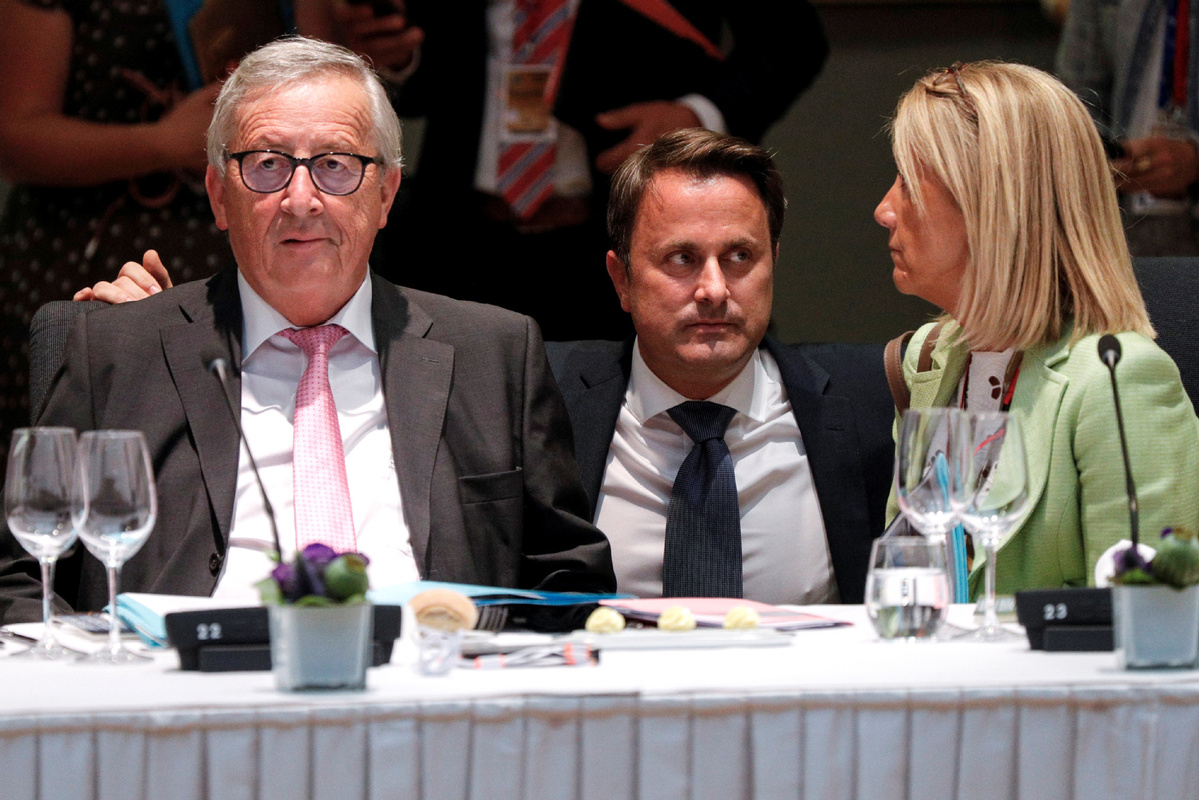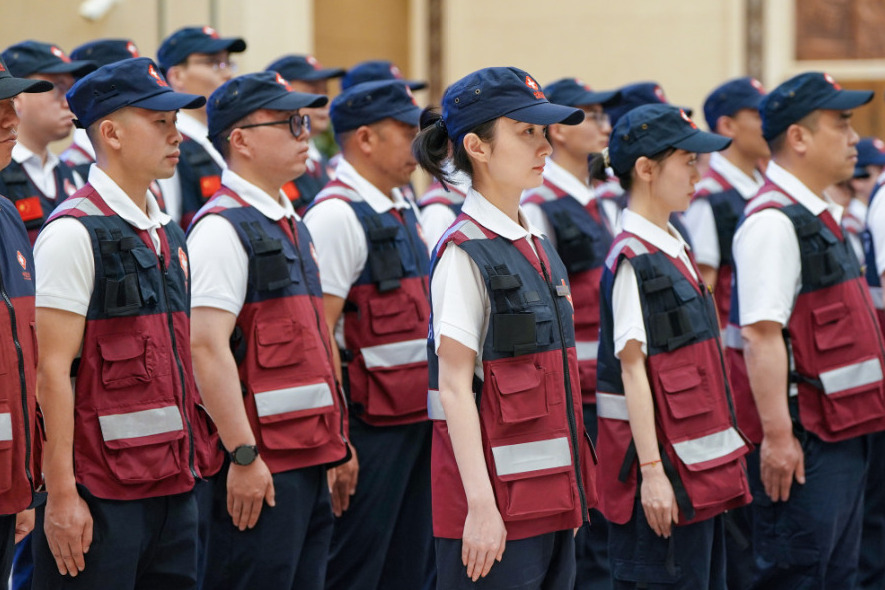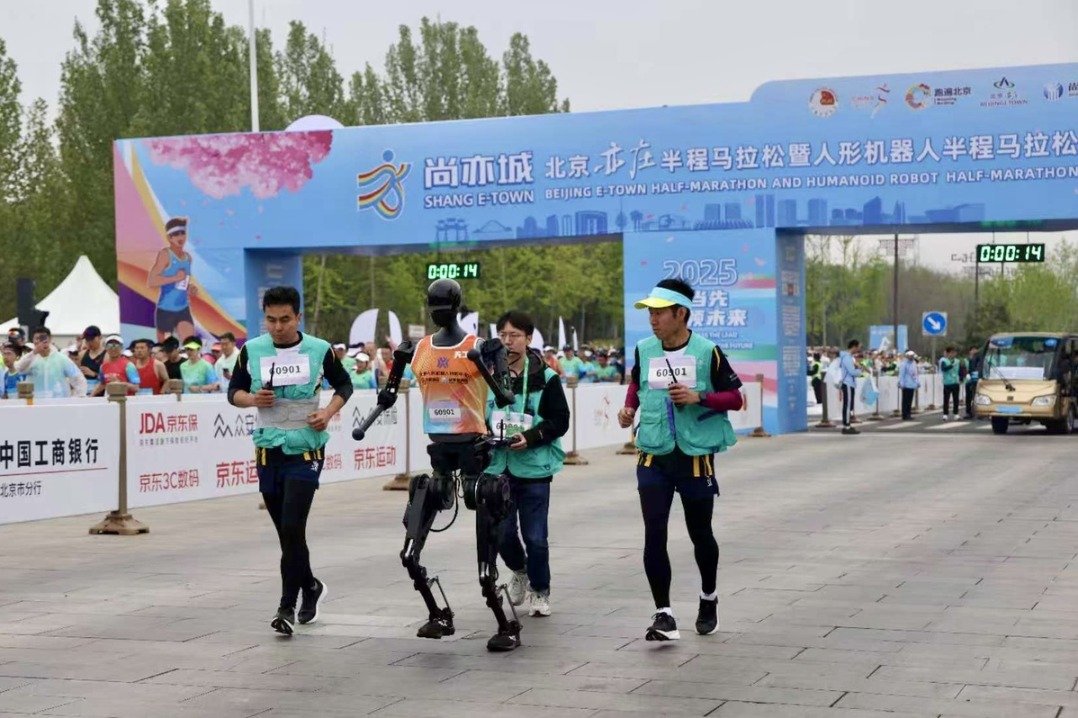EU top jobs remain unfilled
By CHEN WEIHUA in Brussels | China Daily | Updated: 2019-07-02 07:41

European Union leaders in Brussels remained divided on early Monday afternoon over who should lead their main institutions.
After the summit convened on Sunday evening failed to find a compromise, current European Council President Donald Tusk resorted to bilateral talks.
Tusk and some leaders of EU member states are reportedly supporting Frans Timmermans to be the next president of the European Commission, succeeding Jean-Claude Juncker. A Dutch centerleft politician, Timmermans is now commission vice-president.
But the proposal has been met with strong opposition from Eastern European states and leaders from the European People's Party, or EPP, now the biggest political group in the European Parliament following May's elections.
Four other coveted top posts are the presidencies of the European Council, European Parliament and European Central Bank and the chief of foreign affairs and security policy.
The disagreements between German Chancellor Angela Merkel and French President Emmanuel Macron have been the key.
Merkel has favored for the commission presidency the lead candidate from the party that won the most seats in the European Parliament.
While the EPP won the most votes in the multinational elections, it does not have a majority in the parliament. It was the first time in 40 years that EPP and the center-left Socialists and Democrats, or S&D, lost their combined majority in the parliament. Timmermans belongs to S&D.
Macron has openly opposed the EPP lead candidate, Manfred Weber, a German politician. Leaders of several other member states also object to Weber, citing his less than charismatic personality and lack of leadership experience.
Merkel belongs to the EPP bloc and has long supported Weber.
Gender balance is in the mind of Macron and other EU leaders for the top posts. "There should be two men and two women," Macron said.
Merkel and Macron are said to have reached a compromise to support Timmermans, as part of horse trading on the sidelines of the G20 summit in Osaka, Japan, which many of the EU leaders attended.
But leaders in Poland, Hungary and Romania are not fond of the way Timmermans has enforced the EU rule of law policy. Many in the EPP bloc oppose the deal reached by their leader Merkel in Japan.
Reuters reported earlier that Tusk would make Timmermans the president of the European Commission while letting Weber be the president of the European Parliament.
Bloomberg News reported that Belgium's liberal Prime Minister Charles Michel would succeed Tusk as European Council president while the foreign policy post would go to Bulgaria's Mariya Gabriel, a center-right politician.
Under the EU treaties, the government leaders of the member states in the European Council must first nominate the commission president. Then the 751 members of the European Parliament vote on that candidate.
Carl Bildt, a former Swedish prime minister, expressed his frustration over the fight.
"Of course it's important who heads the European Commission, but we should not forget that legislative power in the EU isn't with the Commission, but with the Council and the Parliament," he said on Twitter on Monday.
























